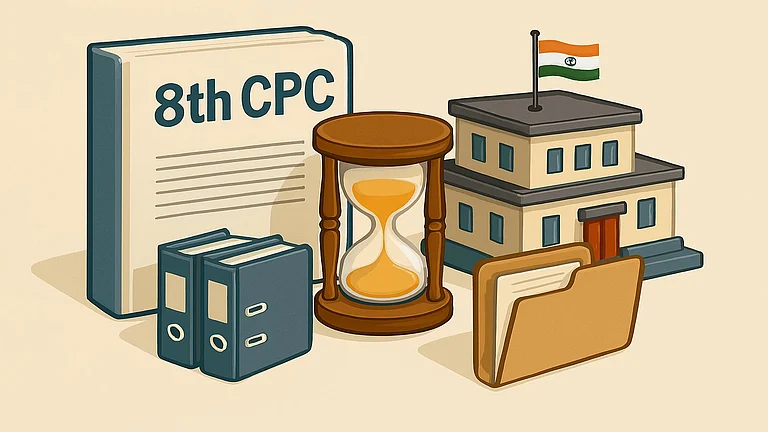We all kind of understand the essence of life insurance. It provides financial aid to the dependants in the event of the policyholder’s demise. But what we are possibly not aware of is its role in helping us with financial aid in the event of some life-altering disability that prevents us from working.
Another misconception is that many equate life insurance policy with the Life Insurance Corporation of India (LIC), which is wrong. “Most people think life insurance policy is LIC. LIC is a company and life insurance policy can be provided by over 20 insurance companies in India,” says Naval Goel, CEO and founder, PolicyX.com.
According to financial planners, a good life insurance policy helps the family in the event of the policyholder’s death as well as in a situation of loss of income due to an ailment or accident.
Here are the three common myths about life insurance.
Employer-Sponsored Life Insurance Coverage Is Enough: For a fact, employer-sponsored life insurance policy is only valid till the time of the employment with the employer. So, if you decide to leave your job, retire, or get laid off, your coverage will terminate. The employer-provided benefit doesn’t allow you to have control over your policy. Your employer usually restricts the amount you can have, and it cannot be customised to your needs. If the employer, who is a policyholder in this case, decides to cancel or reduce the benefit, you could be left without any or adequate coverage.
Says Sajja Praveen Chowdary, business head, term life insurance, Policybazaar.com: “Another consideration is the coverage. While employer-provided group term insurance may be low-cost or free, it may not be adequate for you. Often, life insurance coverage provided by employers is limited to one-two times your annual salary. This coverage would be sufficient if you are single and have no dependents. However, this amount wouldn’t be enough for a family to meet their basic needs in the event of being left without any income.”
The right thing to do is buy an individual term plan for you and your family to support your long-term life goals.
Only The Breadwinners Need Life Insurance: While it’s true that life insurance is essential for the person who provides the major part of the household income, there’s value and an added safety net in having insurance coverage for your spouse as well.
“This is an insurable risk, and homemakers should buy life insurance along with the breadwinner of the family. Having life insurance for non-breadwinners can help the family to adjust to the losses should anything unfortunate happen. Now there are independent term insurance plans available for homemakers without being linked as an add-on-cover to the spouse’s term insurance cover,” says Chowdary.
Life Insurance Is Mainly A Tax-Saving Instrument: A lot of people consider their life insurance policy as a tax-saving instrument. You get tax deduction under Section 80C of the Income Tax Act, 1961 for the amount paid as premium towards your life insurance.
Many policies also come in the form of a premium payback, endowment or unit-linked insurance plans which pay a sum assured or maturity proceed, as the case maybe, upon maturity if the policyholders outlives the policy term. Thus, they also serve as a corpus for the policyholder’s future financial goals.














